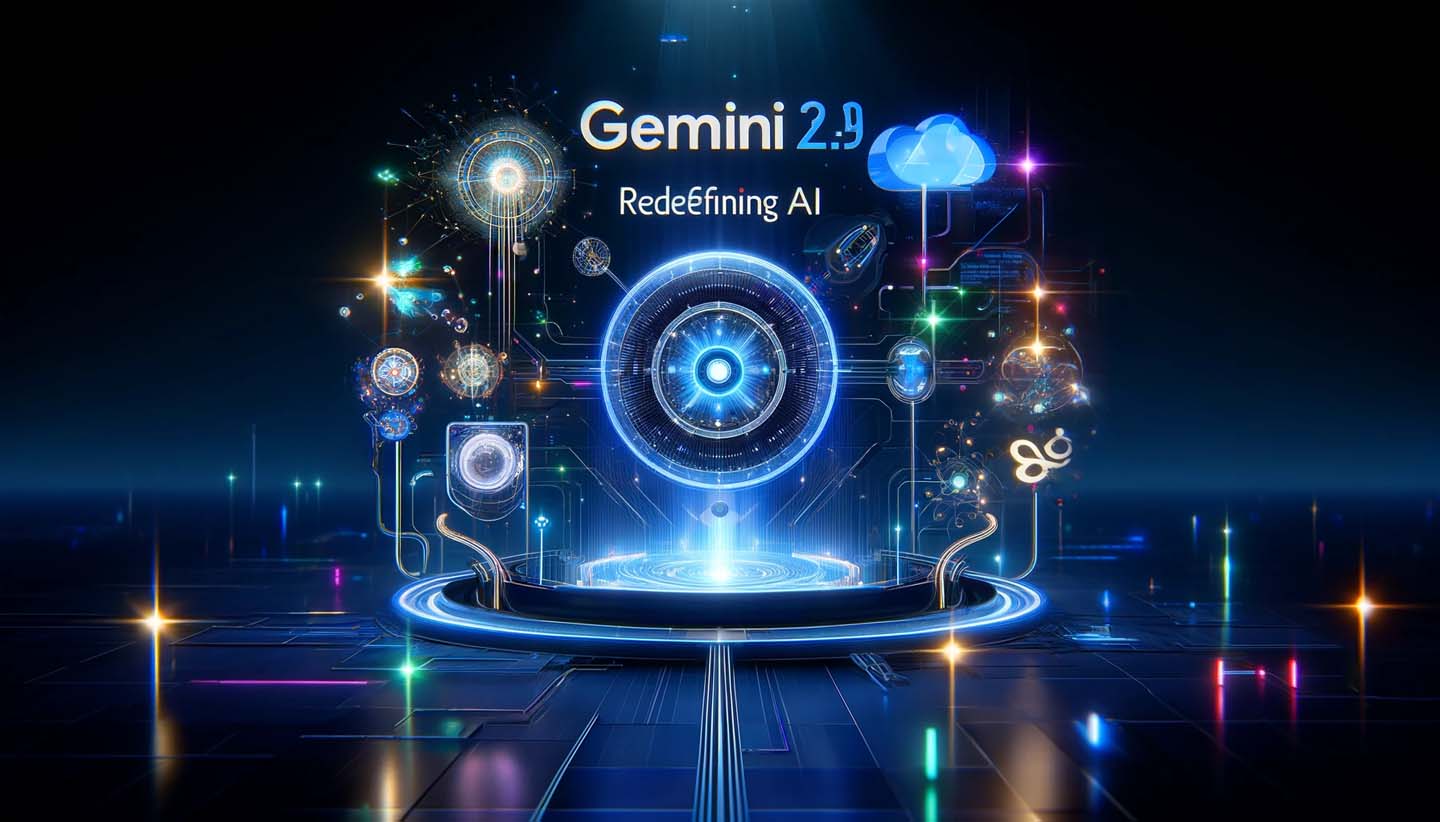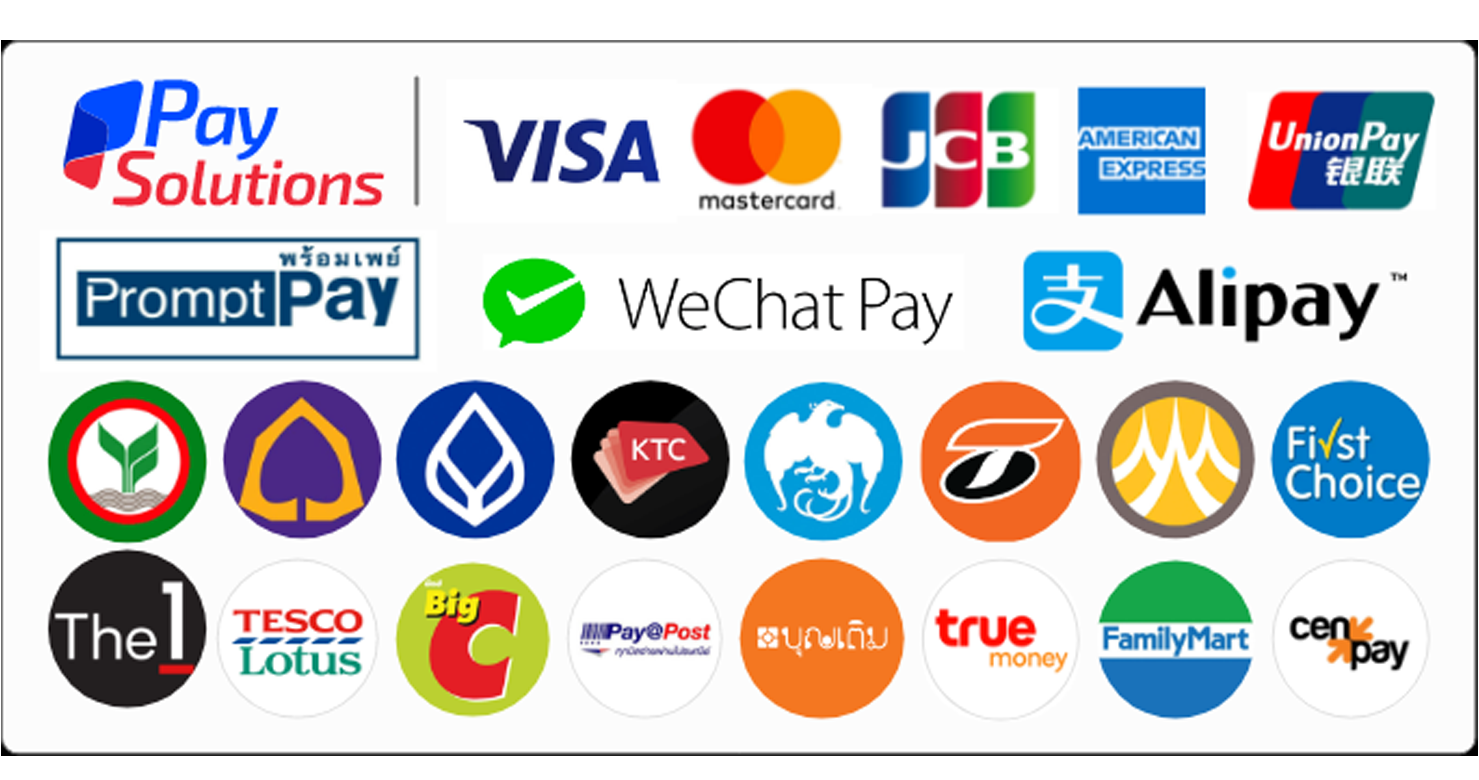
Google Launches Gemini 2.0: A Game-Changer in AI
Google has once again solidified its position as a leader in artificial intelligence with the release of Gemini 2.0, a cutting-edge generative AI model capable of producing text, images, and audio. This innovation highlights Google’s commitment to pushing the boundaries of what AI can achieve and marks a significant step forward in the competitive landscape of generative artificial intelligence.
Background: The Evolution of Gemini
Gemini 2.0 is the latest iteration in Google’s Gemini series, which was first introduced to the world as a response to the booming demand for generative AI technologies. The original Gemini models were designed to compete with OpenAI’s GPT-4 and other leading AI models by focusing on multimodal capabilities — integrating text and image generation within a single framework.
When the first version of Gemini was launched, it emphasized natural language processing, computer vision, and the ability to combine these domains seamlessly. By leveraging Google’s vast computational resources and its deep expertise in machine learning, Gemini established itself as a versatile tool for industries ranging from healthcare to entertainment.
What Gemini 2.0 Brings to the Table
The latest version of Gemini takes these capabilities to the next level. Here are some of the standout features of Gemini 2.0:
- Multimodal Mastery: Gemini 2.0 can seamlessly generate coherent text, realistic images, and high-quality audio, all in response to a single prompt. This level of multimodal integration is unprecedented in the AI landscape.
- Improved Context Understanding: Gemini 2.0’s enhanced natural language understanding allows it to generate contextually appropriate responses with greater accuracy, making it ideal for applications like conversational agents and customer service.
- Optimized for Real-World Applications: The model has been fine-tuned to handle tasks such as automated content creation, virtual assistance, and personalized learning at scale.
- Sustainability Initiatives: Google has also incorporated energy-efficient training processes for Gemini 2.0, reflecting its commitment to reducing the carbon footprint of AI development.
A Competitive Edge in AI
The launch of Gemini 2.0 comes amidst fierce competition in the AI industry. Companies like OpenAI, Microsoft, and Meta are all investing heavily in generative AI technologies. Google’s ability to leverage its proprietary data, advanced AI infrastructure, and a wealth of real-world user interactions through its products gives it a unique advantage.
For instance, Google’s integration of Gemini 2.0 into its ecosystem, including Google Workspace and Google Cloud, allows businesses and individuals to harness its power effortlessly. Features like AI-assisted writing in Google Docs and image generation in Google Slides demonstrate how Gemini’s capabilities are already transforming workflows.
Looking Ahead: Google’s Vision for AI
Google’s roadmap for AI is both ambitious and forward-thinking. The company’s long-term strategy focuses on making AI more accessible, inclusive, and responsible. Here are some key elements of Google’s vision:
- Democratization of AI: By embedding AI into everyday tools and platforms, Google aims to make advanced AI accessible to a broader audience, empowering users to achieve more with less effort.
- Ethical AI Development: Google continues to prioritize the development of AI that aligns with its ethical principles, focusing on transparency, fairness, and safety.
- AI for Social Good: Gemini 2.0 is expected to play a significant role in projects aimed at addressing global challenges, such as climate change modeling, disaster response, and education.
- Investing in Research: Google remains committed to advancing the state of AI through ongoing research and collaborations with academic institutions and industry leaders.
Challenges and Considerations
While Gemini 2.0 is a remarkable achievement, it does not come without challenges. Concerns about data privacy, potential misuse of generative AI, and the ethical implications of deepfakes remain pertinent. Google has acknowledged these challenges and is actively working on solutions, including robust safeguards and policy frameworks.
Conclusion
The release of Gemini 2.0 signals a new era in artificial intelligence, where the lines between human creativity and machine-generated content blur even further. With its groundbreaking features and ambitious vision for the future, Google is not just keeping pace with the AI revolution — it is leading it.
As the world adapts to the rapidly evolving capabilities of AI, Gemini 2.0 serves as a testament to what’s possible when cutting-edge technology meets visionary ambition. The question is no longer whether AI will reshape our world, but how soon and in what ways.




